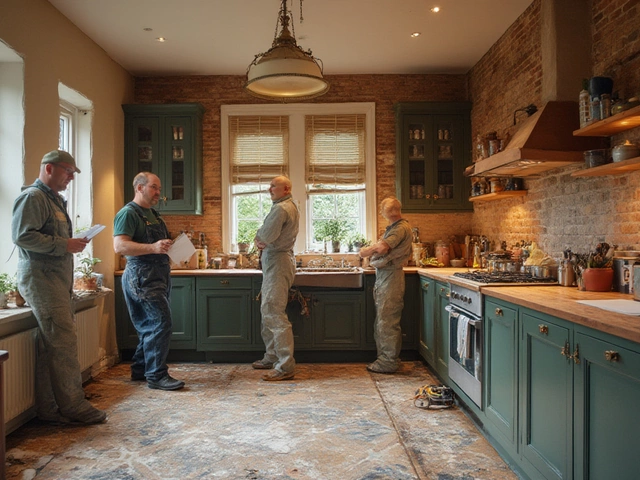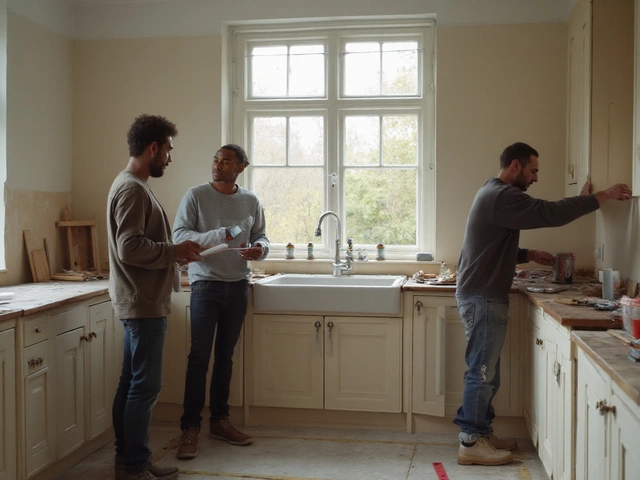Best Home Builders: Choose the Right Team for a Strong, Beautiful Home
Finding a builder who gets your vision and can turn it into reality is the biggest decision you’ll make on a build. A good builder keeps the project on schedule, stays within budget, and uses quality materials – like the limestone and aggregates we supply at Lime Hillock. Below are practical steps to spot a top‑tier builder and avoid common headaches.
What Makes a Builder the Best?
First, look for a track record. Ask for a portfolio of recent homes, especially ones similar in size and style to yours. A reputable builder will gladly share before‑and‑after photos and client references. Second, check credentials. Make sure they’re licensed, insured, and belong to a recognized trade association. This protects you if something goes wrong and shows the builder follows industry standards.
Third, assess how they handle materials. The best builders partner with reliable quarry suppliers for limestone, aggregates, and other essentials. Consistent material quality means fewer delays and stronger foundations. If a builder talks about using the "345 rule" for foundation layout or can explain how they prevent house settling after 20 years, they’re paying attention to the details that matter.
Fourth, compare a builder to a construction company. A builder usually focuses on residential projects, handling everything from site prep to final finishes. A construction company may juggle commercial contracts, larger crews, and different safety protocols. Knowing this difference helps you choose the right level of expertise for a home build.
Tips for Vetting and Hiring Your Builder
Start with a shortlist of three to five firms. Request written estimates that break down labor, materials, and any subcontractor costs. Clear line items make it easy to spot hidden fees later on. Next, schedule site visits. Seeing a current job in progress tells you how tidy the crew is, how they protect the property, and whether they follow the schedule they promised.
Ask specific questions about foundation work. If you notice signs like hairline cracks or water in the basement, a knowledgeable builder will suggest a professional inspection before digging. They should also know when a foundation is repairable versus when replacement is the smarter move – a topic covered in our post about unfixable foundations.
Don’t forget communication. The best builders respond quickly to emails or calls, keep you updated with daily or weekly reports, and involve you in key decisions like kitchen dry‑fit layouts or flooring choices for new builds. A builder who walks you through the "dry fit kitchen" process shows they care about avoiding costly mistakes later.
Finally, review the contract carefully. Look for clear timelines, payment milestones, and a warranty that covers structural work for at least a few years. A solid warranty on foundation and roofing work gives you peace of mind long after the keys are handed over.
Choosing the right home builder isn’t just about price; it’s about trust, quality, and a shared vision. Use these steps to narrow down your options, ask the right questions, and lock in a team that will deliver a sturdy, beautiful home you’ll love for years to come.
Best New Build Companies in 2025: Honest Guide to Smart Choices

Deciding on the best new build company? Here's a real-talk breakdown on what matters in 2025, how to compare options, and where not to cut corners.
read more



